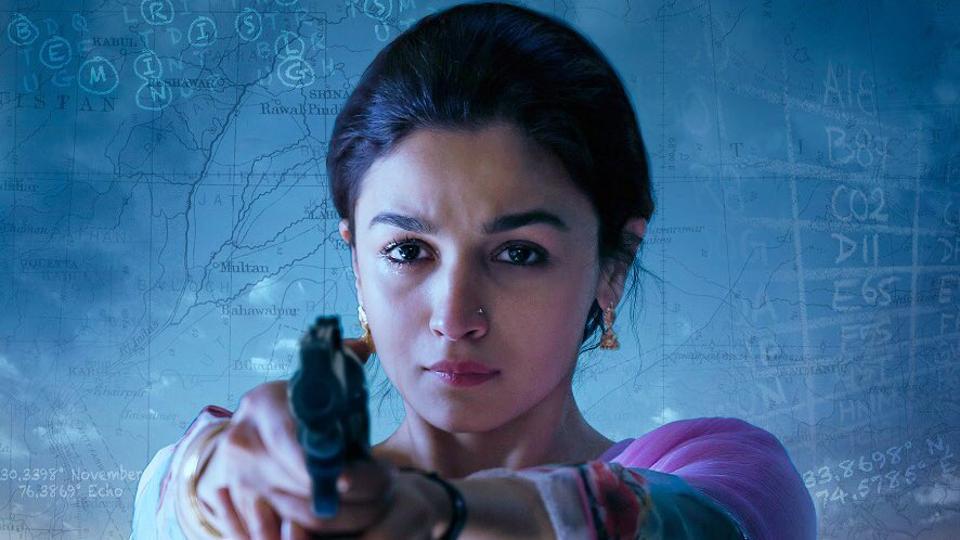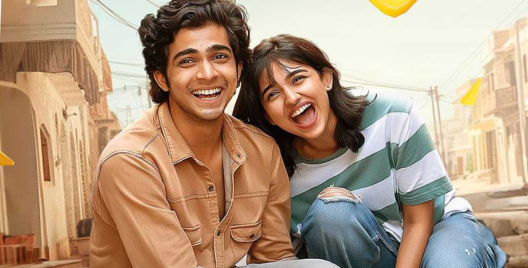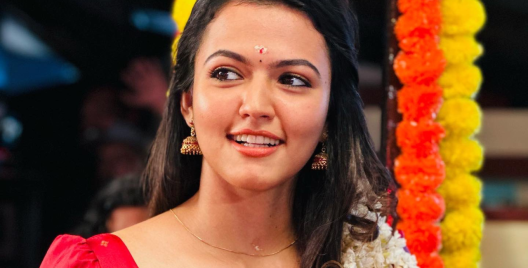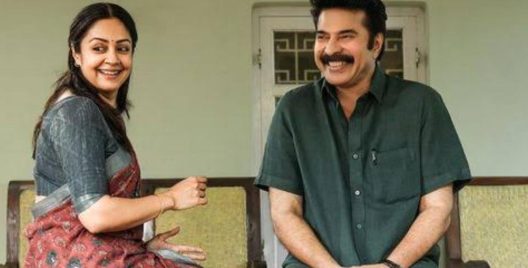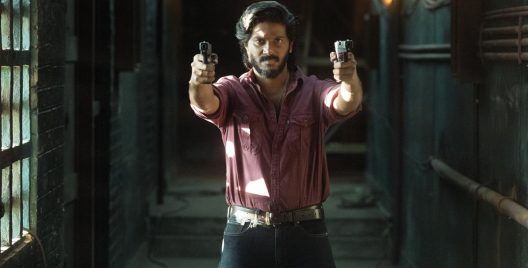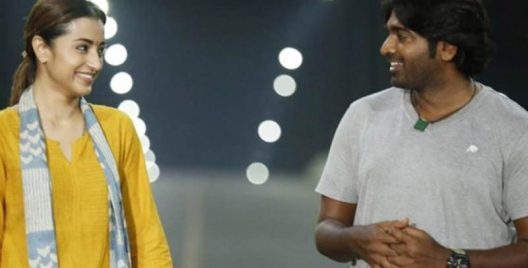But while the film works in balancing out all the overtly nationalistic nuances in Hindi cinema today, Raazi is a lot more than just that. Raazi is also about why we need more women at the forefront with stories from their perspective and with more heart put into writing them. Bereft of superficiality and objectification, Raazi gives the audience a peek into the life of an extraordinary woman, who much like the men who died at war, was left unsung.
Director Meghna Gulzar gives us a hero in Alia Bhatt’s Sehmat, a nubile university student who is pretty much emotionally dragged into becoming a spy for India. Fulfilling a dying father’s last wishes, Sehmat, who would otherwise flinch at the sight of blood and is always unaware of her surroundings, becomes the country’s much-needed eyes and ears in Pakistan. But at what cost?
Meghna Gulzar weaves a seamless tapestry of Sehmat, her steady transition, her fearlessness, but most of all, her state of mind while performing these daunting tasks that eventually leads her with nothing but sadness. A downfall that she didn’t ask for.
In this film, we have a female lead who is more than just a pretty face, who has dialogues far more than her male counterparts, and whose role is far, far more detailed with enough layers to explore. The daughter who loves her father too much, the wife who finds ways to learn more about her husband, the daughter-in-law who does what she can to make the family happy, and the spy whose country beckons her messages. Had this onscreen character been written by a man, there would have been an evident disconnect, something that Meghna empathises and brings out.
Using Alia Bhatt as Sehmat couldn’t have been a more perfect choice. Sure, she might give in to those cutesy looks she’s come to known for but she proves herself as the actress who would much rather go for the way her role has been written and what it stands for. She has impressed us before in Udta Punjab, Highway, and Dear Zindagi. In Raazi, she plays the woman who’s a survivor and calculative but slowly and steadily, it makes her brittle but not weak. She’ll physically live on but, as she utters in the movie, it’s a world she will never understand. We need more characters like Sehmat who’s more than just a sacrificial lamb, but someone who sets the bar high for character-driven roles.
As for Meghna, the same person who helmed Talvar about the controversial Aarushi Talwar Case shows that it is possible to direct a film that does not reduce the characters to mere props for a compelling story. While we have had female leads such as Jyothika’s in Magalir Mattum, Deepika Padukone in Padmaavat or even Anushka Shetty in Bhaagamathie, it will be long until filmmakers stop pandering to the mass appeal of having a female lead and simply just focus on writing better roles for women.



